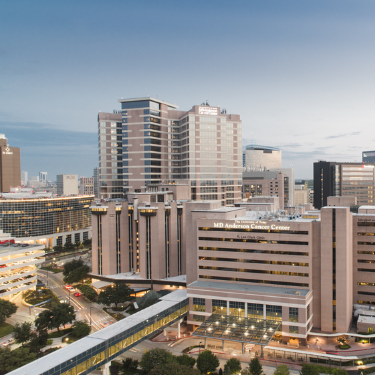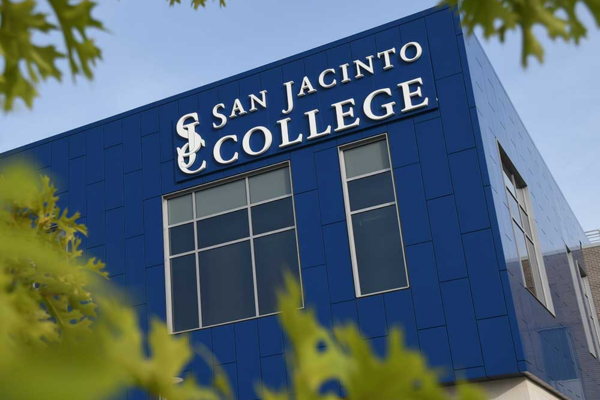Houston-Area Institutions, Companies Awarded More Than $100 Million in CPRIT Funds So Far in 2023
Published Jun 29, 2023 by Taylor Tatum
Home to the Texas Medical Center and its world-renowned health care institutions, as well as a growing number of life sciences companies and developments, it’s no surprise that Houston-area organizations are frequent recipients of competitive health care grants, especially for cancer research.
So far this year, Houston-area companies and institutions have received nearly $106 million in funding from the Cancer Prevention and Research Institute of Texas (CPRIT), accounting for nearly 66 percent of all CPRIT funding in 2023. The Houston region’s impressive share of funding further establishes its place as a leader in the life sciences sector.
In 2007, Texans voted to create CPRIT, the state’s leading agency in the fight against cancer, to invest in research, create and expand life sciences infrastructure across the state, and advance and expedite breakthroughs and innovation. CPRIT is the second largest cancer research and prevention program in the world, awarding over $6 billion to Texas research institutions and organizations to date through its academic research, prevention, and product development research programs. The organization is responsible for recruiting nearly 300 top researchers to Texas and supporting the establishment, expansion, or relocation of over 50 companies to the state, creating nearly 8,000 permanent jobs in Texas in 2022.
So far in 2023, CPRIT has awarded over 30 grants to a variety of private companies and research and academic institutions located in the Houston region, including:
- OncoResponse, a Seattle-based biotech company developing fully human monoclonal antibodies for the treatment of cancers that would otherwise not respond to immunotherapy. The company is moving its headquarters to Houston thanks to a $13.3 million CPRIT grant that will support a clinical study for its OR502 antibodies.
- 7 Hills Pharma LLC, a biotech company specializing in immunotherapy through its development of oral integrin activators that will help the body’s cells in creating a successful immune response. 7 Hills was awarded a $13.5 million grant from CPRIT to continue its work in developing treatments for melanoma patients who are resistant to immune checkpoint inhibitor (ICI) therapy.
- The Cell Therapy Manufacturing Center (CTMC), a joint venture between Resilience and MD Anderson Cancer Center, was awarded $9.1 million to build cell therapy manufacturing technologies that will attract future value-added biotech partnerships. CTMC plans to develop platforms and expertise to reduce manufacturing time, variability, and cost to reach patients, while also supporting innovation efforts and research knowledge.
Top cancer researchers, academic leaders, and CEOs of CPRIT-funded private companies will convene at CPRIT’s Innovations in Cancer Prevention and Research Conference VI in Galveston in October to discuss the progress being made in cancer research, prevention, and product development at medical and academic institutions and in companies and communities across Texas.
 The Houston Report
The Houston Report



















